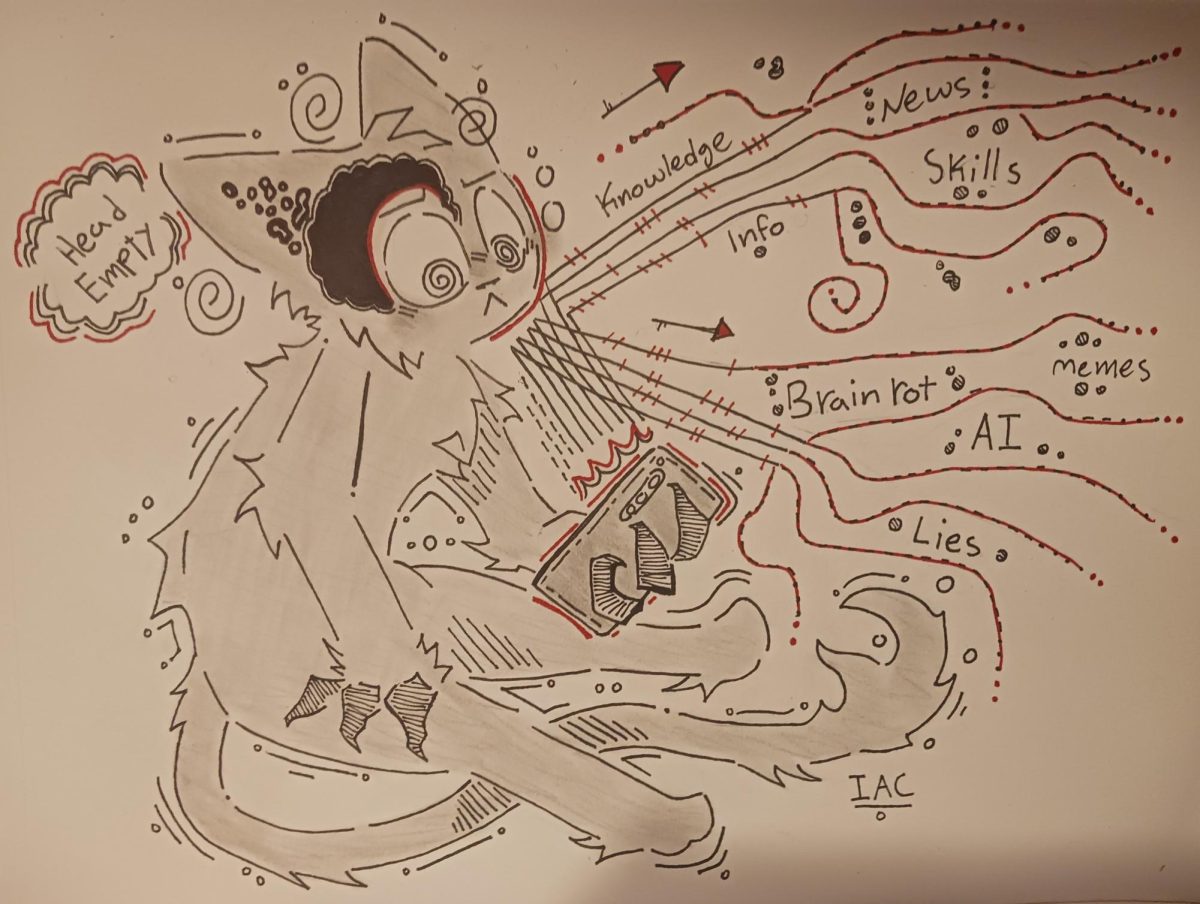Did that catch your eye? It’s probably because you agree.
In high school, where students prepare for their future careers, completing homework has become a routine part of education. That’s different from just studying, by the way – homework is defined by the Merriam-Webster dictionary as “an assignment given to a student to be completed outside the regular class period,” whereas studying is the review of material with the intention of learning it. As great as education is, there’s a reason why students audibly groan at every mention of a new assignment to complete at home.
Decades of research have found upsides to homework, but assigning too much can have negative effects on the students it’s meant to benefit. An article by Dr. Joseph Lathan with the University of San Diego weighs the pros and cons of homework, including the negative effects on a student overwhelmed with assignments. This includes but is not limited to elevated stress levels, higher risks of developing stress-related health issues (e.g. sleep deprivation, weight loss, stomach problems, headaches, etc.), less time for fun and beneficial extracurriculars, hobbies, and socializing, and increased chance of cheating just to keep up with the demand of work. Also, as more homework becomes digital, it highlights inequality for families with no at-home computer or internet access. So with this in mind, does “preparing students for the real world” still justify the workload?
Most people know that a grown adult working 8-hour days is manageable, and more time than that could start to cause detrimental effects on their physical and mental health, impact productivity, and affect social relationships. So why is it a normal, expected behavior for high school students – who are not developed adults – to attend school for 8 hours, balance extracurriculars, hold jobs, and do homework all at the same time?
A school is a place of learning; all education should be in the classroom with some exceptions. A student’s home could be a place of rest or stress; either way, adding extra stress shouldn’t be automatic. Instead, teachers could implement more in-class activities to check learned skills. In a classroom, students have a more solid list of resources than they possibly would outside of school, and can get direct support from teachers. With or without homework, school staff should feel comfortable checking on the mental health of their students. Accommodations, tutoring, and student support groups can help lift the burden of stress that’s placed on developing minds. Maybe then students will have more time to enjoy school and less time to groan at the next homework assignment.
















Cook • Oct 16, 2023 at 1:01 pm
I love how well this is written. Each point has a supporting detail